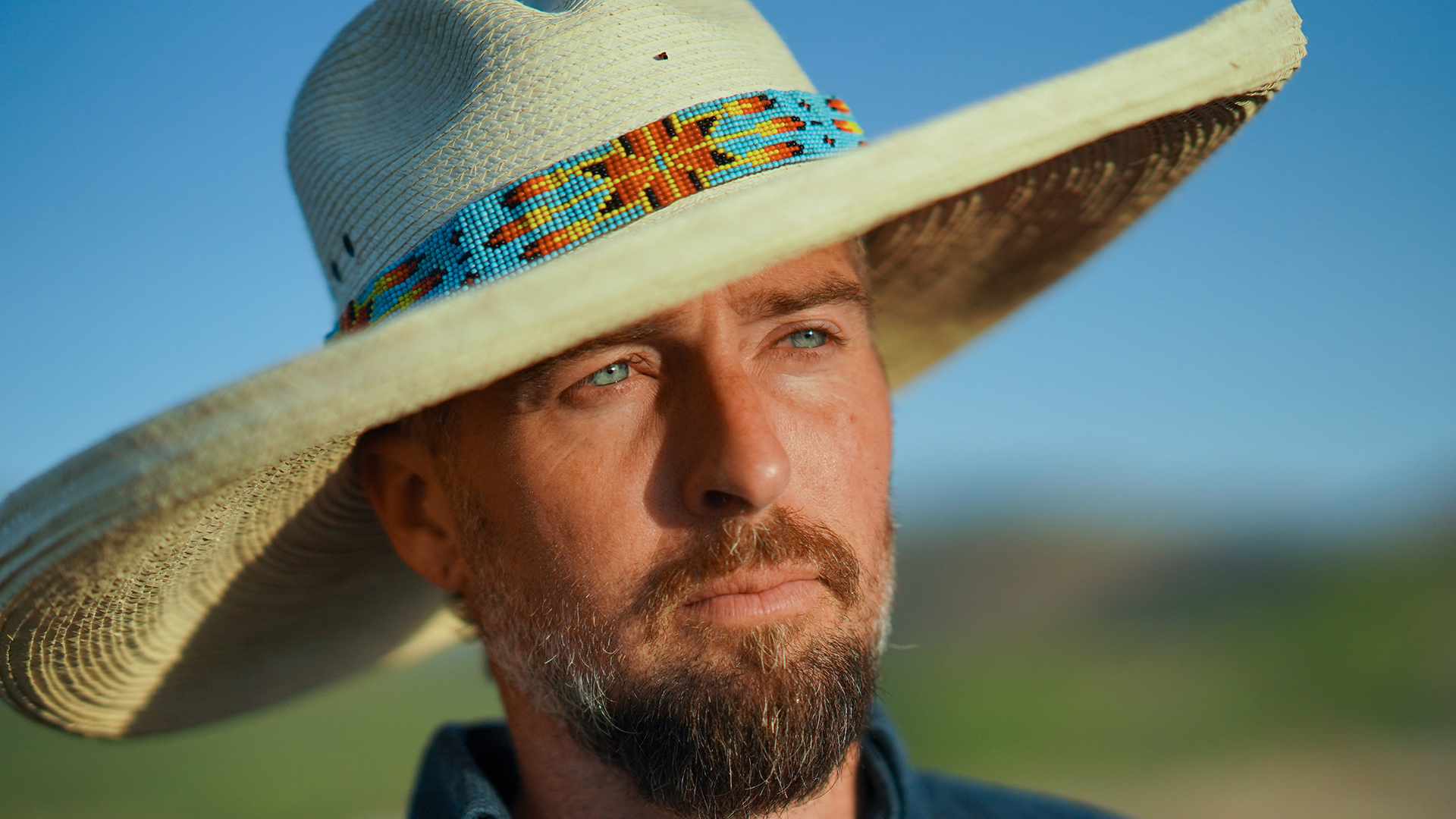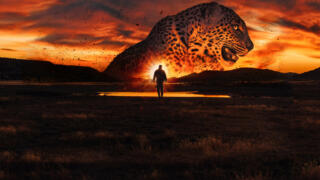Dropped into a remote part of Vancouver Island, British Columbia, Lucas rebounded from an early shelter fail, paddled his way to copious clams—and even crafted a musical instrument.
Did you experience “drop shock” the first day out?
Drop shock was real. I could feel it trying to pull me down. There’s this moment when you’re being delivered to your site and cameras are all up your backside. There’s all this pressure and overwhelm. It debilitates the senses. I was dropped off at 4 p.m., so I knew I didn’t have the luxury of hanging out in that state for very long. The way I calmed myself was to identify what I knew—water, firewood, a flat place to sleep, a place to fish. Then the nerves started receding.
In hindsight, how would you pack differently?
I’d bring a gill net. Being at the ocean’s edge, it’s all about passive food collection. With the ocean always moving, pushing fish into your net, it makes sense. The more you can have things working while you sleep, the more you can conserve energy for other tasks.
How hard is it to film everything you do?
I started out feeling really wooden. It got better after I decided to not worry so much—to be myself and be efficient. I only reshot something if I was really out of frame.
When I was watching my footage back at night, I realized that just showing wins was getting boring. I also needed to show the failures, the cut fingers, the uh ohs and the arrghs. I made a commitment early on to give the producers everything—even the emotional messy parts—and trust they wouldn’t try and make me look bad.

